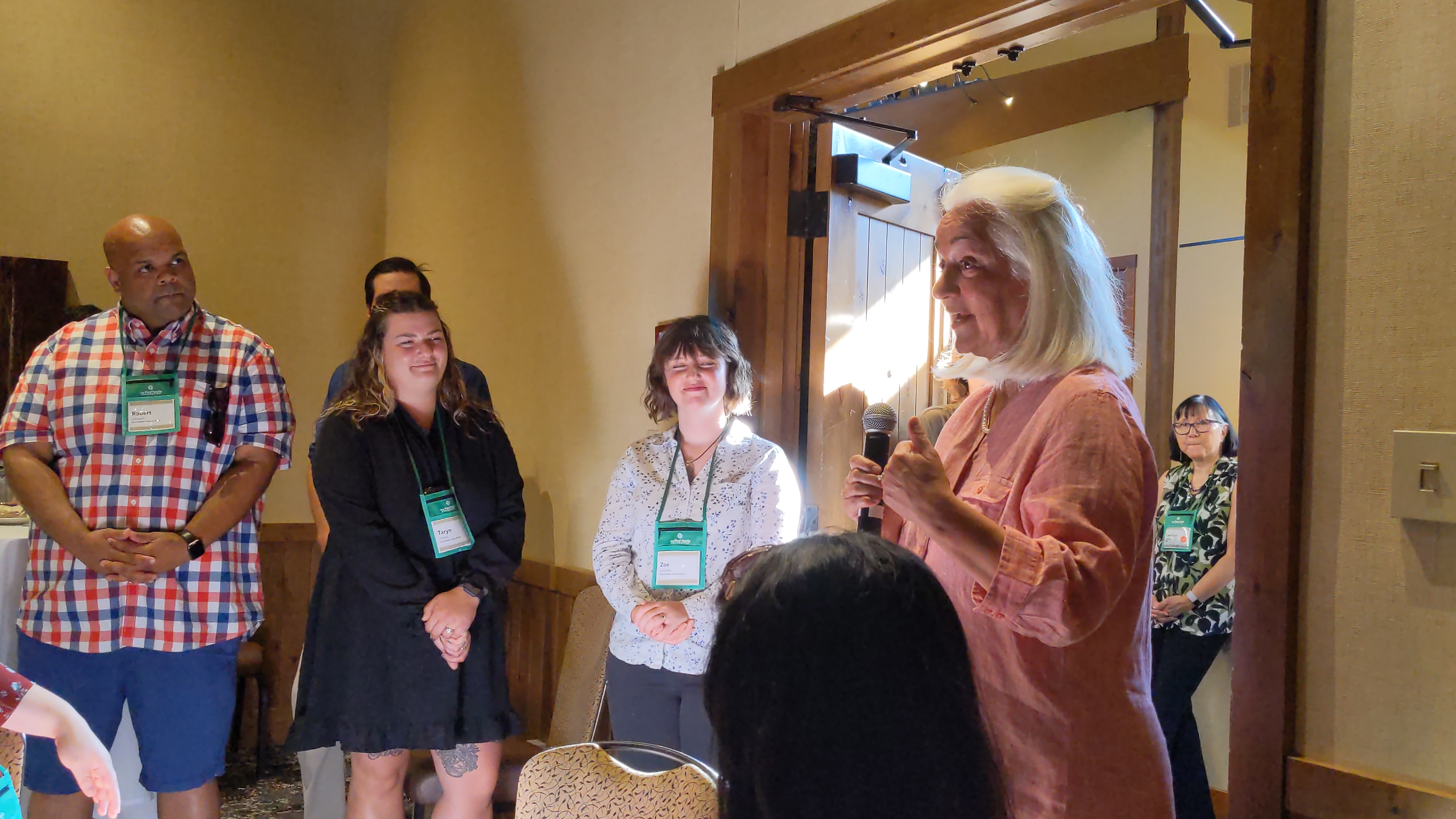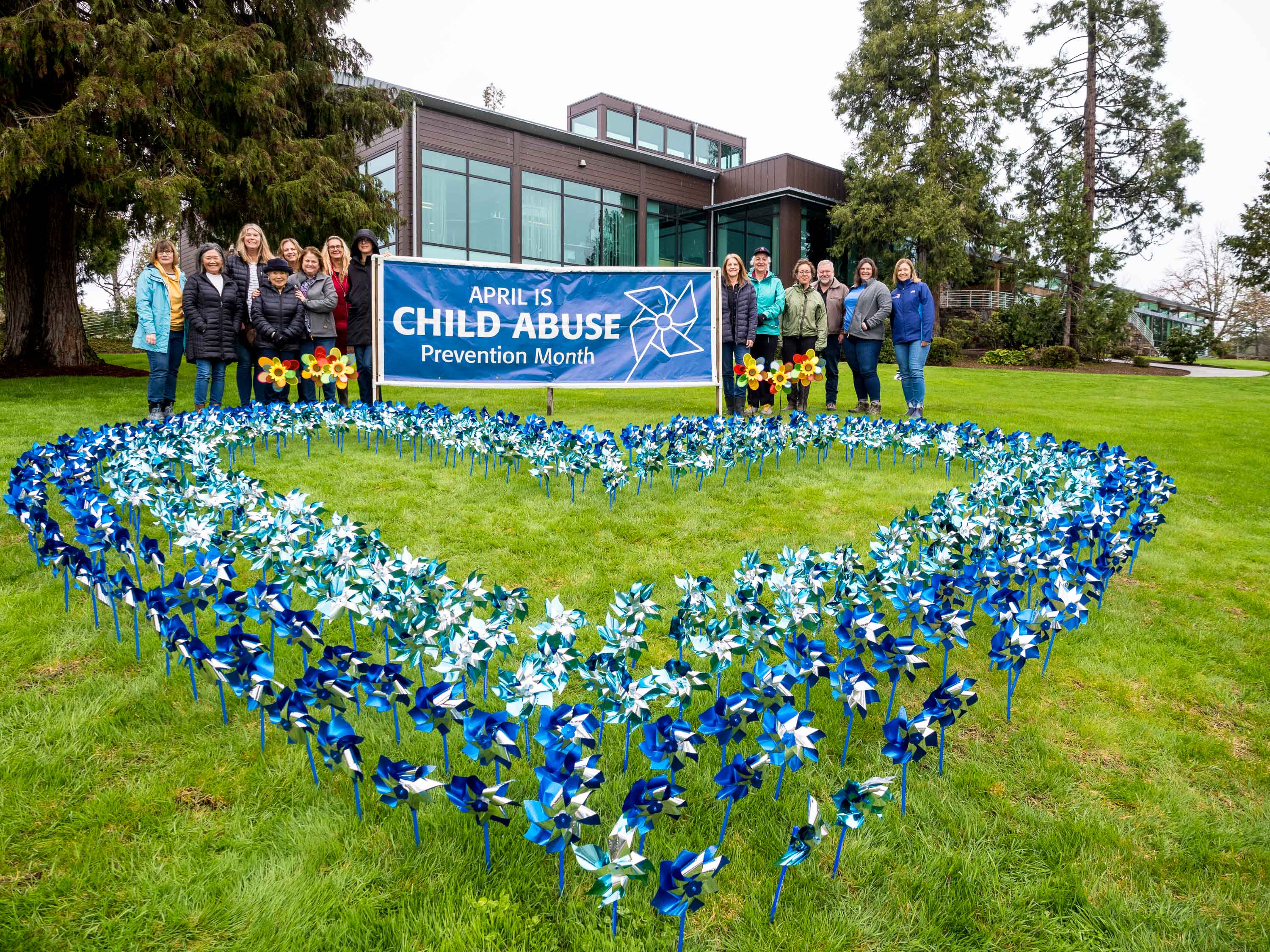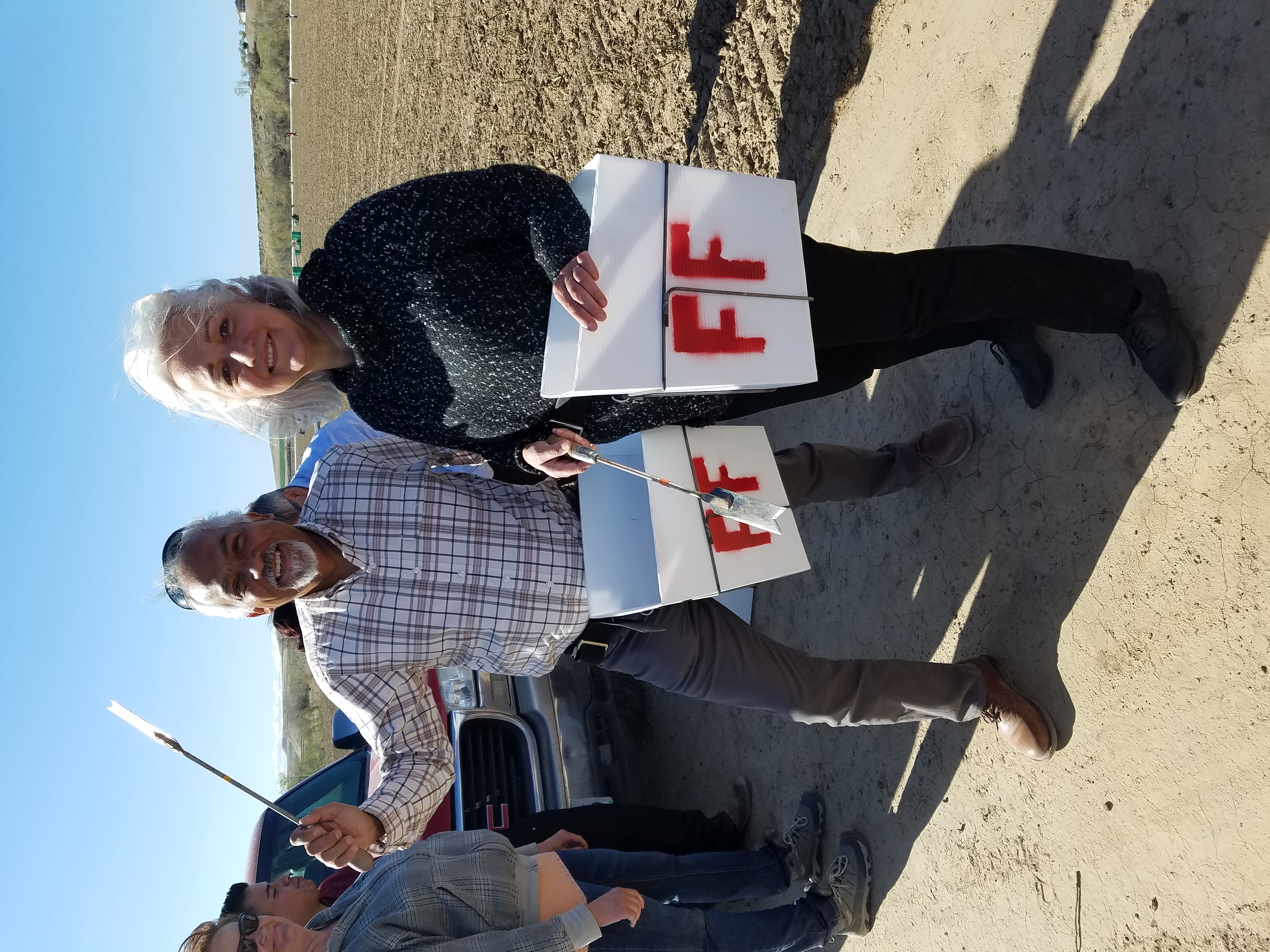
Community-Focused Development can Create Ripples of Change
When tackling issues around health care, education, infrastructure, or anything else, philanthropy is often perceived as narrowly focusing on the most immediate causes rather than tackling structural or root causes.
But the reality is that philanthropy's role is much more expansive, influential, and collaborative than some may realize. Anne Kubisch realizes this. Kubisch was the President and CEO of The Ford Family Foundation until stepping down in September 2023 after a decade of service. The Council on Foundations recently awarded Kubisch the Distinguished Service Award in recognition of her four-decades-long commitment to working on a breadth of different issues.

Kubisch served as a mentor to numerous Ford Scholars and alumni, providing guidance and encouragement as she welcomed them into the community of The Ford Family Foundation.
As Director of the Roundtable on Community Change at the Aspen Institute, Kubisch dedicated her time to understanding structural racism in America. She wrote and edited several publications on structural racism and poverty, and she played a key role in designing a week-long training program on structural racism for philanthropy and other social policy leaders.
Kubisch believes philanthropy is like the double helix of a DNA strand, supporting two interwoven lines of work: high-quality programs that help improve the lives of disadvantaged children, families, and communities; and targeted investments that increase the capacity of communities, organizations, and people to put those programs into place and advocate for needed systemic and policy and systems changes.
“I think that real change comes from investing in the power of people, organizations, and communities to actually carry out their work and put those programs in place where they can advocate for themselves,” Kubisch said. “And that's a different kind of investment than just funding a program.”

Under Kubisch's leadership, The Ford Family Foundation launched a program that trained 36,000 Oregonians to recognize the signs of child sexual abuse, know what to do when abuse is suspected, and understand steps that can help prevent it.
Community-building is essential for foundations to develop an honest and genuine relationship with communities and organizations, she added. Rather than imposing research and theories, philanthropic leaders should listen to the community, the people who are on the ground and impacted by the work, and determine how the foundation can provide the necessary support.
During her time at The Ford Family Foundation, Kubisch concentrated on community organizing. To encourage dialogue and engage underserved community members in decision-making, she introduced "field coordinators" to the Foundation staff. Hired from the communities they serve, field coordinators’ main objective is uniting individuals, guiding them in envisioning the future of their communities, formulating action plans, and collaboratively pursuing shared goals.
Philanthropy as a catalytic investment
Philanthropy has evolved, and today it is a pillar in supporting and promoting equity and justice. But geographic location and the urban-rural divide limit its reach, and pushing past those barriers will require ongoing creativity and dedication.
“If you grow up in a rural area, you have less access to all kinds of opportunities and resources than if you're in an urban area,” Kubisch said. “We need to take the same framework we have for understanding the structural causes of the arc of inequity and also apply it to a geographic lens also.”

In Vale, Oregon, Anne, along with Roque Barros, former director of Rural Community Building, spent time harvesting asparagus alongside migrant laborers and getting firsthand insight into their lives, communities, and aspirations.
According to Inside Philanthropy, only 7% of all grantmaking in the U.S. goes to rural areas. Further, Kubisch said, lack of representation causes stereotyping and bias, leading to a political and ideological divide. Hence, she spends a large part of her time engaged in community outreach activities with the aim of raising awareness and addressing the issues faced by under-represented communities, especially in rural Oregon.
Over a 12-year period, The Ford Family Foundation sponsored a rural community leadership development program that trained 6,000 residents of Oregon and Northern California to develop vision for the future of their communities. This training also focused on how to collaboratively design and implement plans that lead to improvements in local conditions.
It’s an example of the ripples of change that innovative philanthropy is capable of.
"Philanthropic investment can generate investments by other public and private funders,” Kubisch said. "It can be an investment that catalyzes further change."


